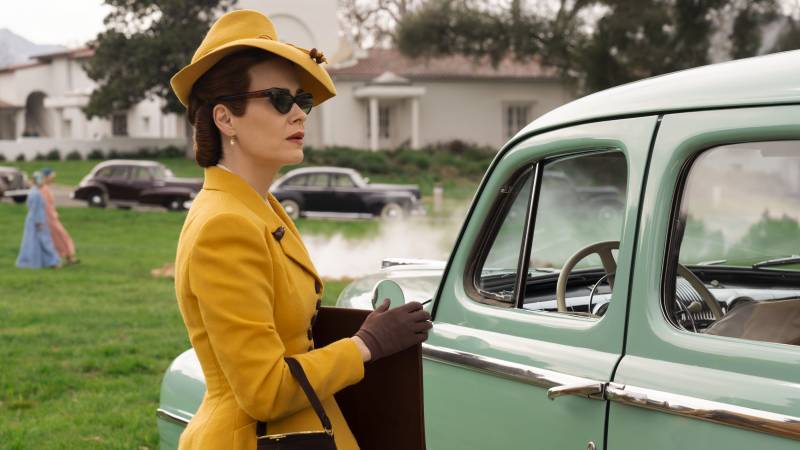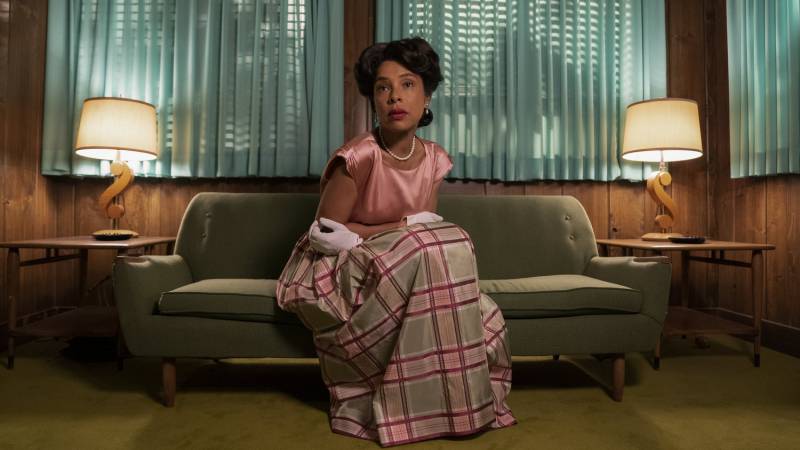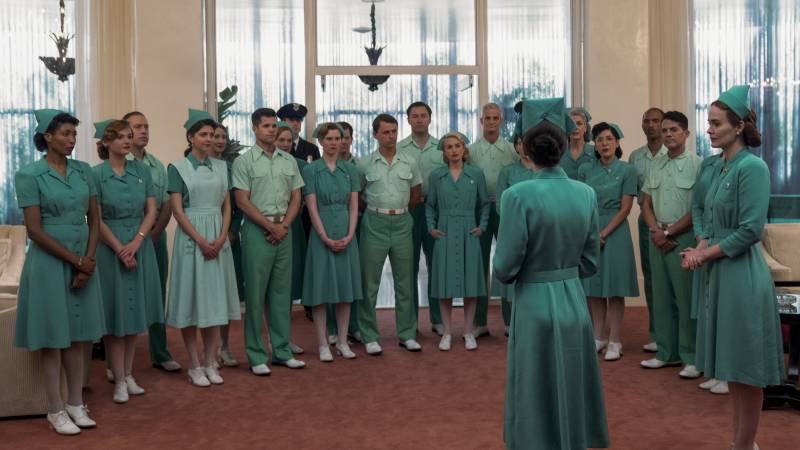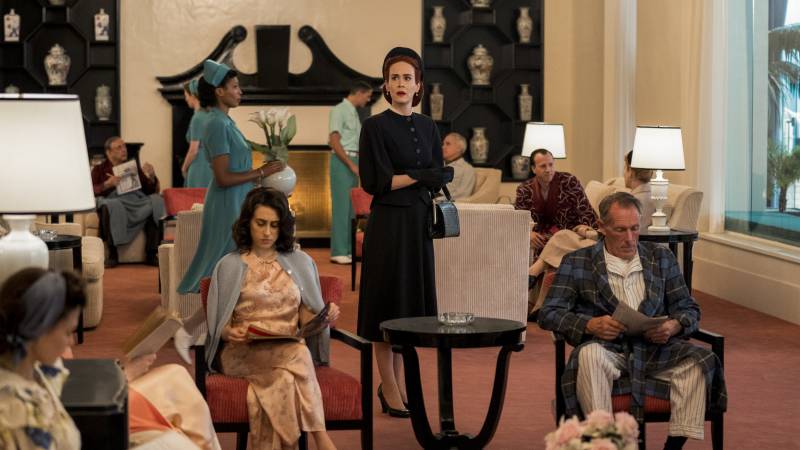Ratched is beautiful, but it’s really bad.
The messy eight-episode first season of the Netflix horror thriller (a second season is on the way) creates a backstory for Nurse Ratched, the heartless villain who has McMurphy lobotomized in One Flew Over The Cuckoo’s Nest. Created by megaproducer Ryan Murphy and newcomer Evan Romansky, Ratched succeeds as a compendium of stunning images, but that’s about it. As a story, it is nonsensical, self-indulgent and unsuccessful at saying anything about Ratched herself except something along the lines of “people do the darnedest things.”
This was probably a doomed project from the start, because Mildred Ratched doesn’t need a history and can’t be given one without breaking the character’s purpose. In Cuckoo’s Nest, she is the pitiless and relentless face of the institution and the state. She grinds her patients down simply because she does and because she can and because she believes in rules; that is what makes her frightening. She represents an inhuman and inhumane society in its crushing of the individual, really, so she’s not meant to be thought of as a realistic and nuanced person. “How did her childhood make her so mean?” is beside the point when a character represents the absence of individuality and frailty and the surrender of your unique soul. And Ratched does little to answer the questions it poses anyway, so confused is its presentation of the character.
Murphy’s creative bond with Sarah Paulson, who has appeared over and over in his series (including American Horror Story and American Crime Story), fails them both here. As Mildred, Paulson seems adrift in a way she has rarely been as an actor, because the way Mildred is written is largely incoherent. At first, we think we are perhaps seeing a sadist in the earliest days of her reign—a woman whose opportunistic brutality isn’t yet entirely funneled through her job. But then when the plot demands it, she becomes gentle and helpful, siding with patients in precisely the way she would never do in Cuckoo’s Nest. The things that are meant to unlock Mildred’s psyche—that she’s a lesbian, that she suffered horrible childhood trauma, that she lost her parents very young—are baubles that dot the characterization, but none feel like insights into her behavior. It goes without saying that being a closeted lesbian doesn’t cause violence or cruelty, and Murphy surely doesn’t mean to suggest it does. But when you set out to give a backstory to a heartless character and this is so much a part of it, it’s awfully easy to be misunderstood. Mildred’s gentle romance with Gwendolyn (Cynthia Nixon) is likely intended as a tragic grace note, given that we know where all of this is headed and what Mildred’s future holds. But these are potent tropes with which to play.




9(MDAxOTAwOTE4MDEyMTkxMDAzNjczZDljZA004))

